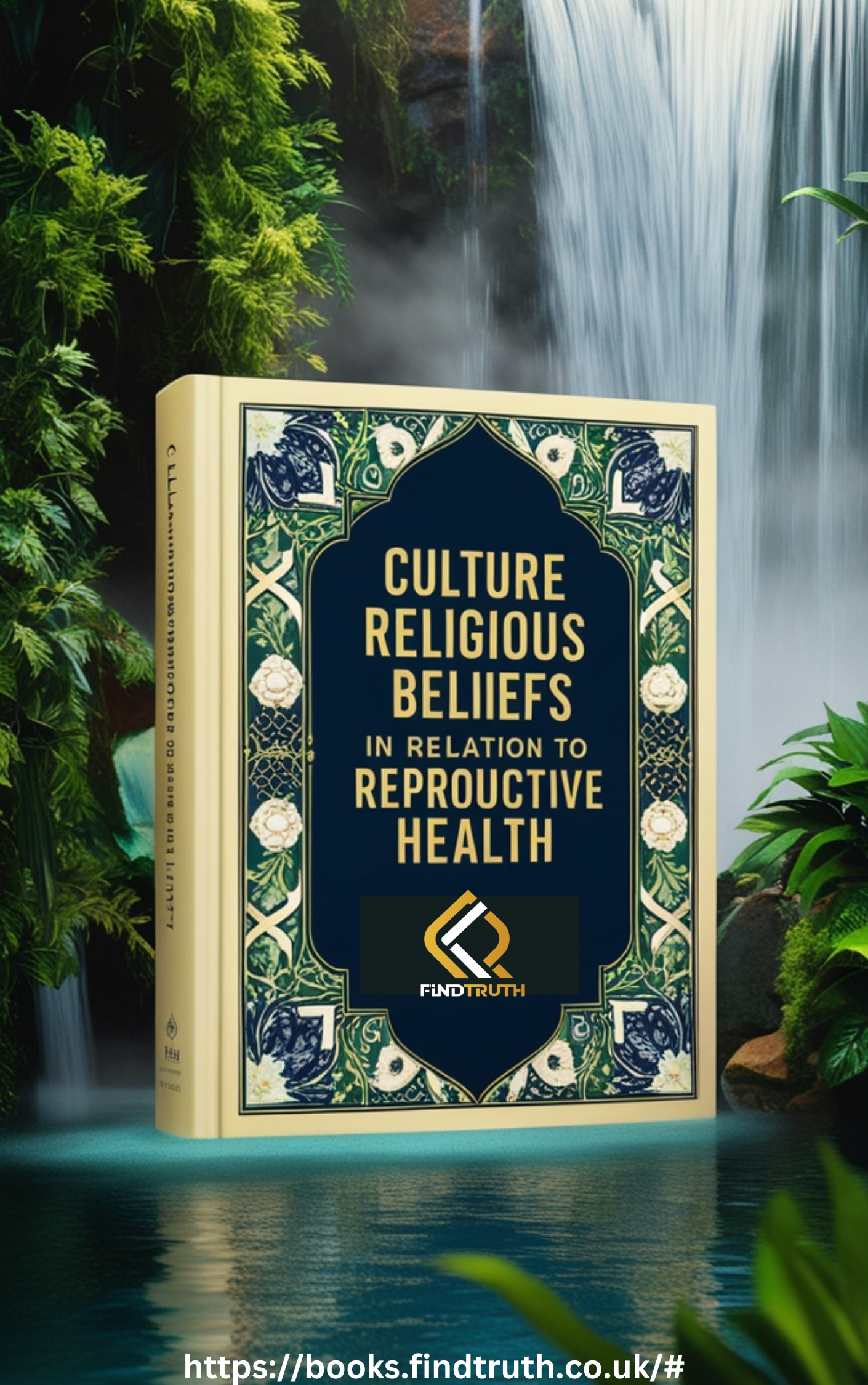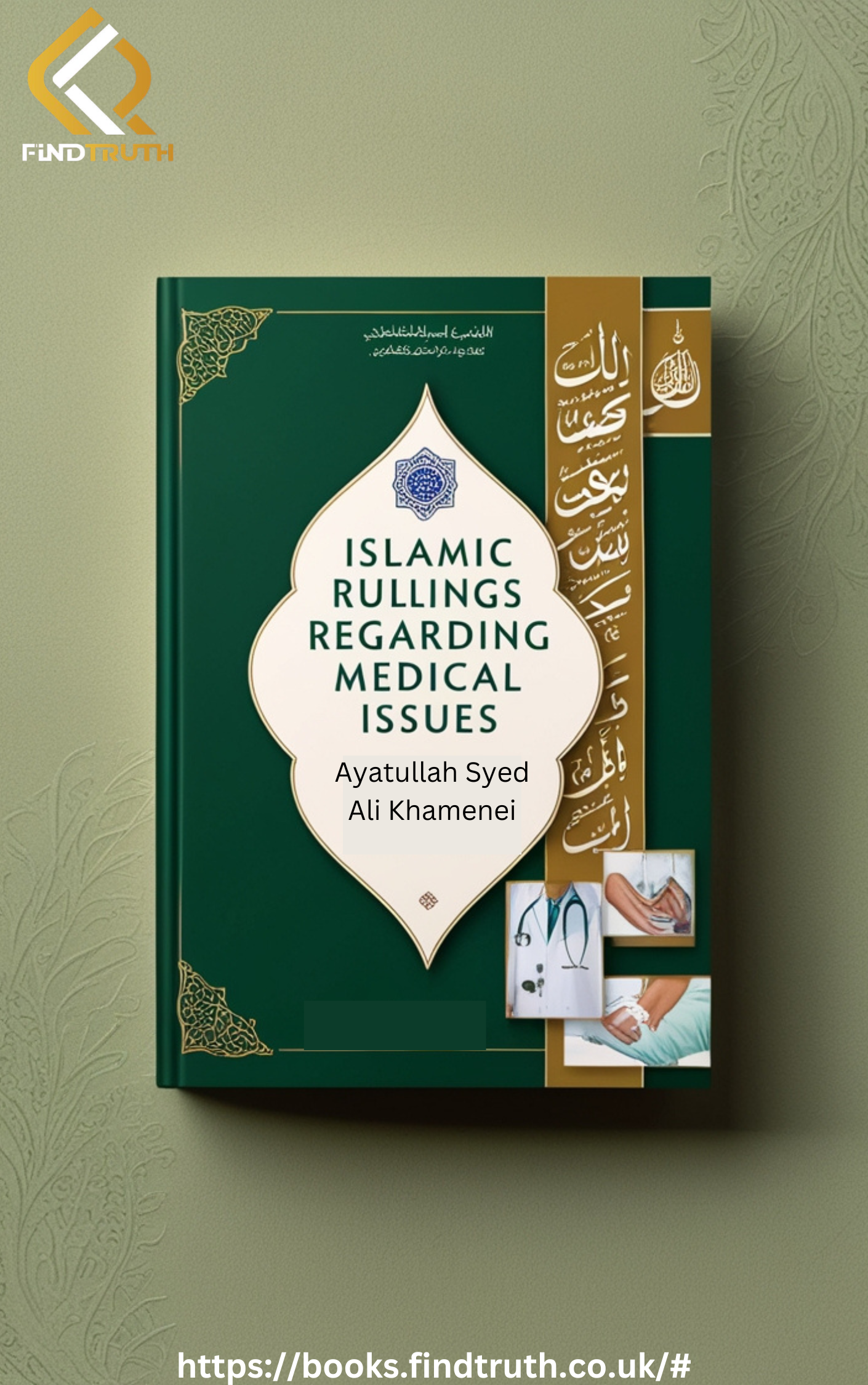Culture and Religious Beliefs in Relation to Reproductive Health
(0 User reviews)
847
452
www.sciencedirect.com
2016
38
English
Culture and Religious Beliefs in Relation to Reproductive Health explores the intersection of cultural practices and religious beliefs, particularly Islam, in shaping attitudes toward reproductive health and rights.
Culture and Religious Beliefs in Relation to Reproductive Health provides an in-depth analysis of how cultural contexts and religious ideologies, particularly within the Islamic framework, influence perceptions and practices surrounding reproductive health. This book aims to illuminate the complex interplay between faith, culture, and health, making it an essential read for healthcare professionals, policymakers, and individuals interested in understanding the holistic approach to reproductive health in diverse societies.
Key themes explored in the book include:
Cultural Contexts of Reproductive Health: The book examines how cultural norms and traditions shape attitudes toward reproductive health issues, including family planning, contraception, pregnancy, and childbirth. It highlights the variations in practices across different communities and the significance of understanding these contexts for effective healthcare delivery.
Religious Teachings and Health Practices: Focusing on Islamic teachings, the author discusses how religious beliefs can influence reproductive health choices. The book explores interpretations of Islamic texts regarding family planning, maternal health, and reproductive rights, offering a nuanced understanding of the faith’s stance on these critical issues.
Barriers to Accessing Reproductive Health Services: The book addresses the challenges faced by individuals in accessing reproductive health services due to cultural stigmas and religious restrictions. It emphasizes the need for culturally sensitive healthcare practices that respect religious beliefs while promoting health and well-being.
Education and Awareness: The role of education in enhancing understanding of reproductive health within cultural and religious contexts is discussed. The author advocates for awareness programs that respect cultural beliefs while providing accurate information about reproductive health rights and services.
Case Studies and Real-Life Examples: The book includes various case studies that illustrate how cultural and religious beliefs manifest in real-life reproductive health scenarios. These examples provide insights into the lived experiences of individuals and communities navigating these complex issues.
Policy Recommendations: The author concludes with actionable recommendations for policymakers and healthcare providers, emphasizing the importance of integrating cultural and religious perspectives into reproductive health programs to ensure their effectiveness and acceptance.
Culture and Religious Beliefs in Relation to Reproductive Health is a comprehensive resource that encourages a deeper understanding of the socio-cultural and religious dimensions of reproductive health. By addressing these critical aspects, the book aims to contribute to the development of inclusive health policies that respect and accommodate diverse beliefs and practices.
There are no reviews for this eBook.
There are no comments for this eBook.
You must log in to post a comment.
Log in










